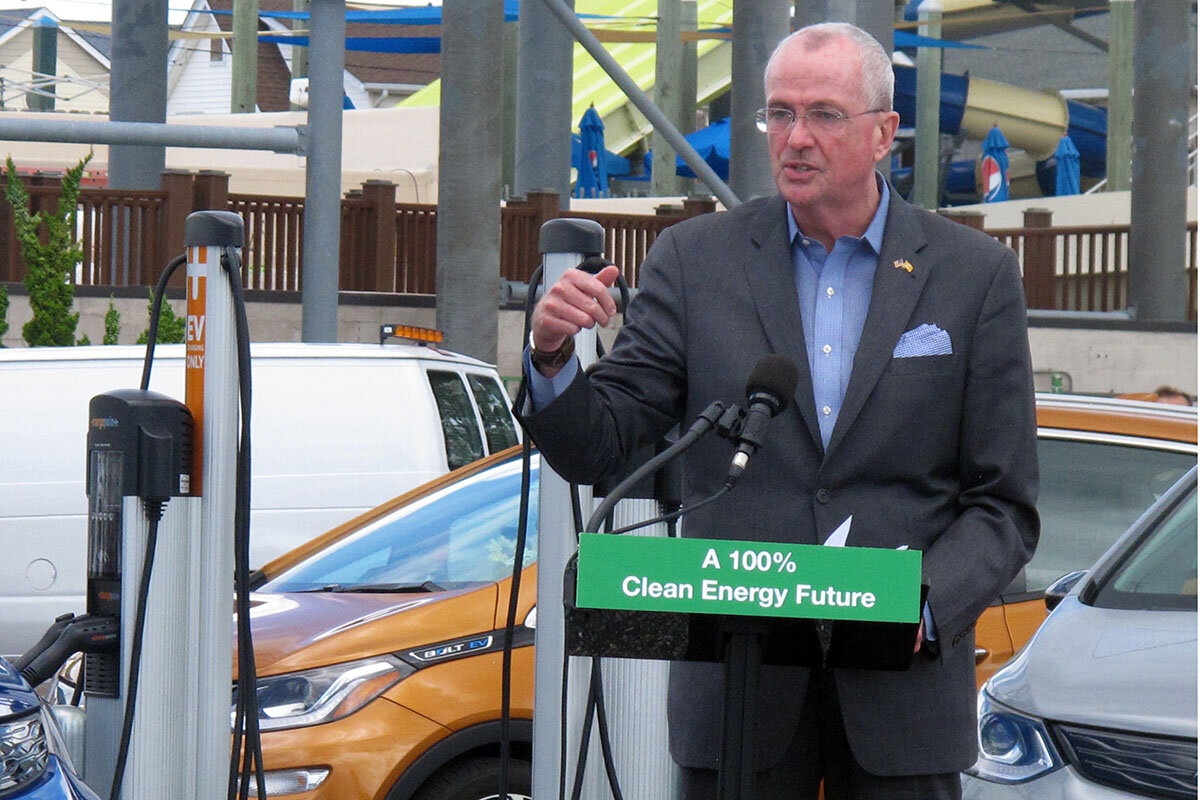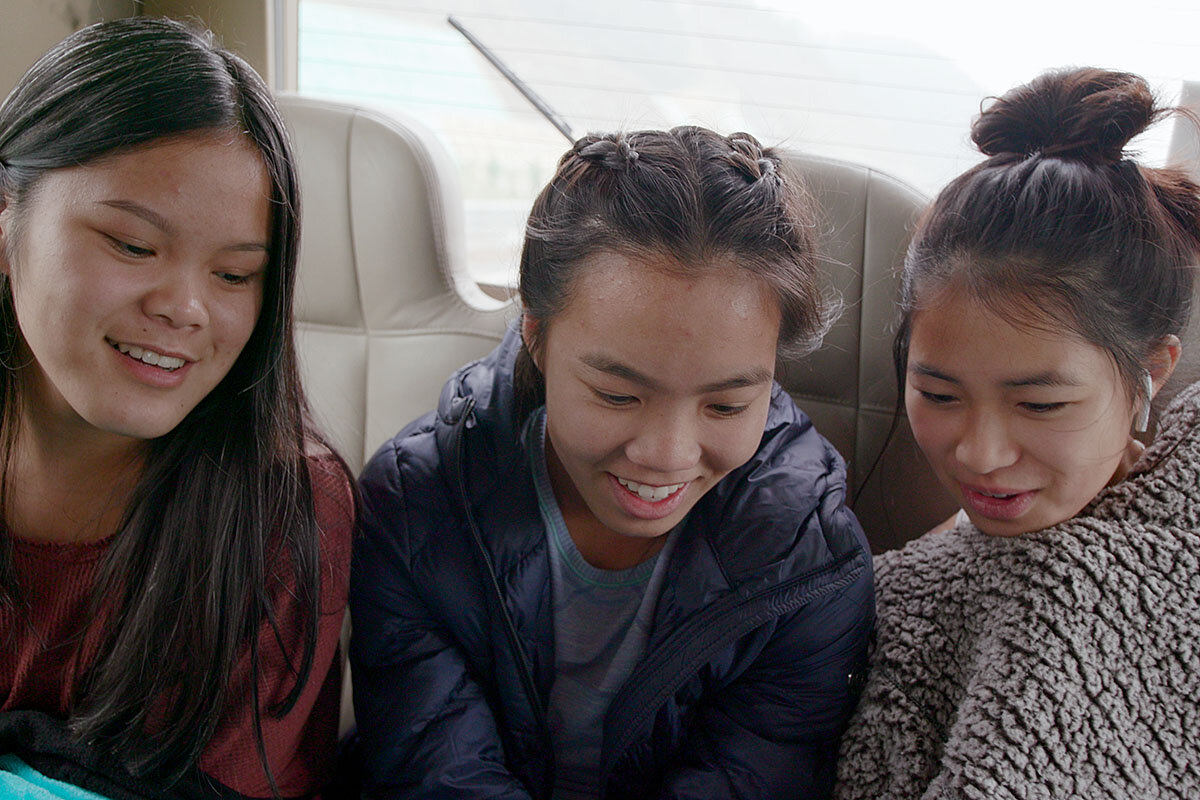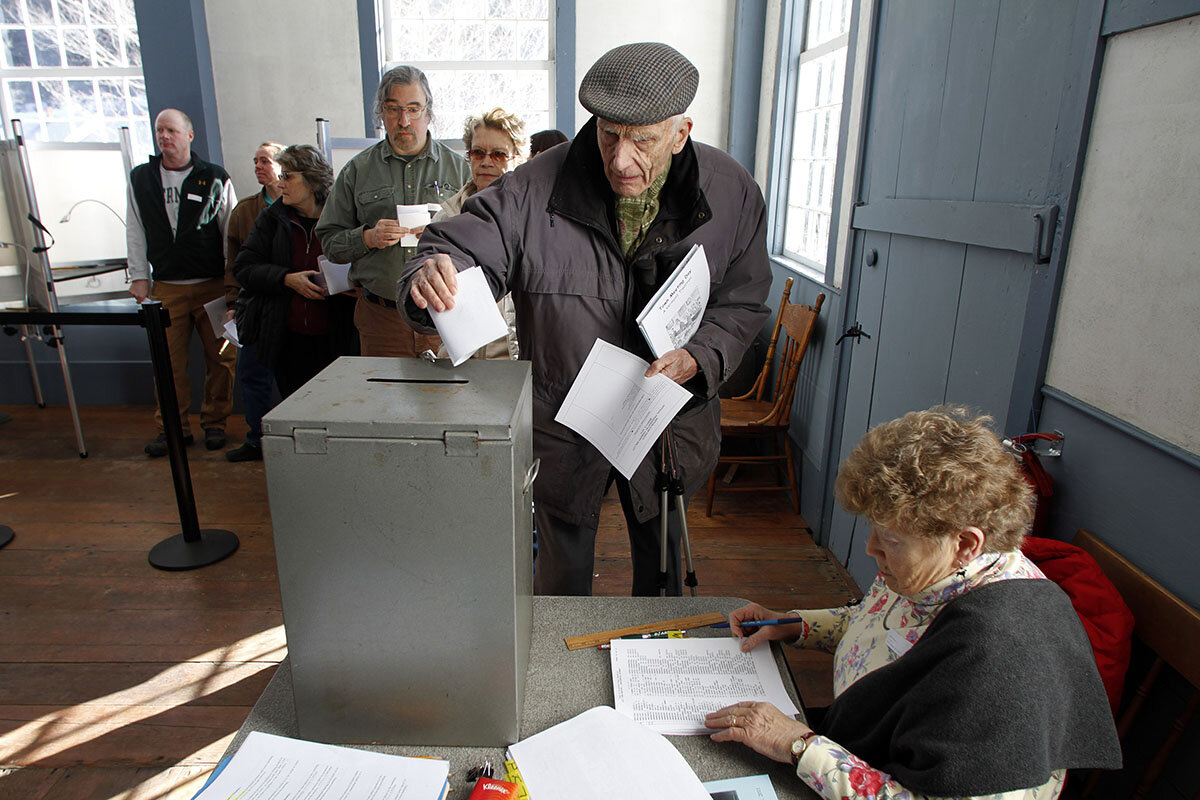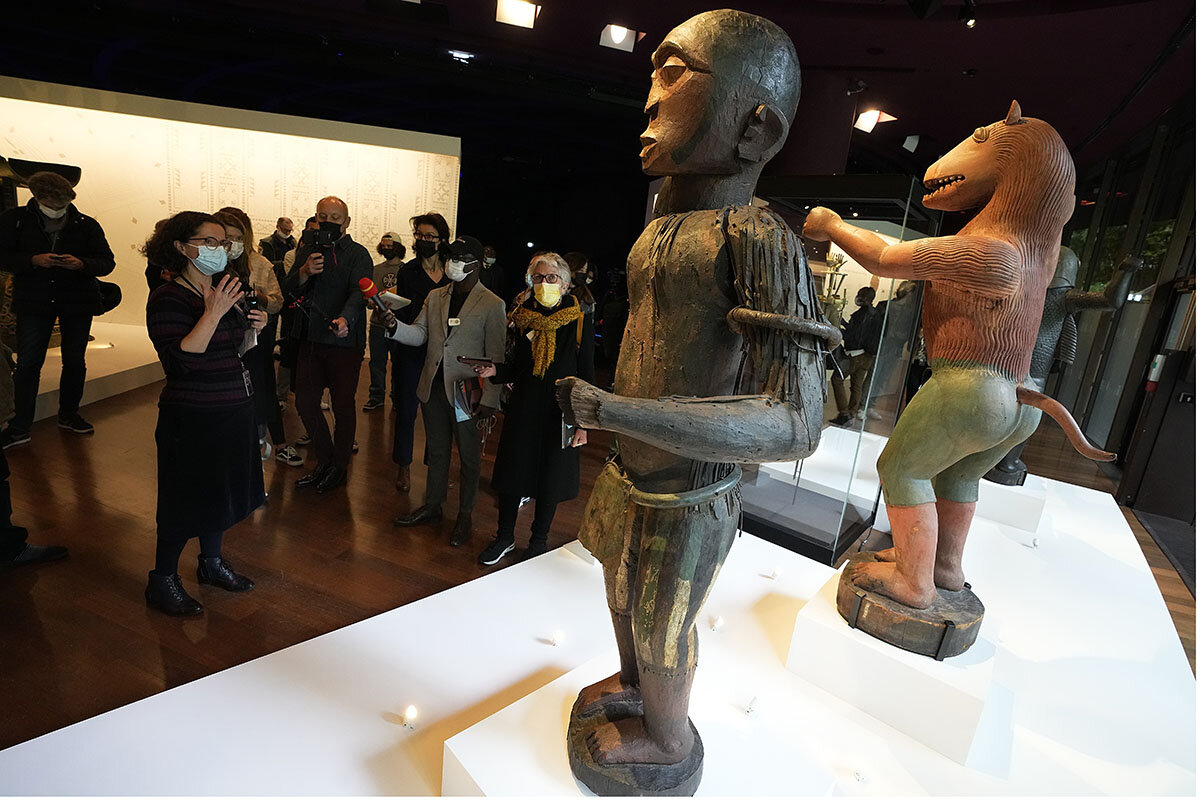The top-down model of change suggests that leadership in the U.S. – and democracies in general – is too slow to respond effectively to climate shifts. Our reporter examines the grassroots models, driven by cities and voters, that may offer more credible paths to progress.
Monitor Daily Podcast
- Follow us:
- Apple Podcasts
- Spotify
- RSS Feed
- Download
 David Clark Scott
David Clark Scott
A father showing up at school could be a kid’s worst nightmare. Embarrassing, right?
But when a posse of dads started showing up at Southwood High School in Shreveport, Louisiana, it was an answer to prayer.
Let’s back up a moment. Last month, 23 students were arrested over three days as a series of fights broke out. The atmosphere among the 1,700 students was tense. In response, more than 30 students and staff gathered around the school flagpole on Sept. 29 for a prayer meeting.
Within days, five fathers showed up in T-shirts with “Dads on Duty” across their chests. They didn’t carry guns or act as enforcers. They greeted the students, told “dad jokes,” and walked the halls, making comments such as, “Young man, pull your pants up.”
The group’s founder, Michael La’Fitte, told KSLA in Shreveport: “We’re not a security force in any way. We’re just fathers who are changing the narrative.” Mr. La’Fitte is also chair of the local NAACP chapter.
Southwood Principal Kim Pendleton says the dads are delivering an important message: “There’s someone that cares about me. There’s someone who’s invested in my education and in my future.”
The Dads on Duty group has grown to more than 40 men. A handful show up at Southwood High daily. The brawls have stopped. What happened? As one student told CBS News: “You ever heard of ‘a look’?”
A dad look.
As a dad, I may be biased. But perhaps there’s a message here about how to deliver discipline in schools: gently, with a sense of humor, but firmly – like a loving father.









